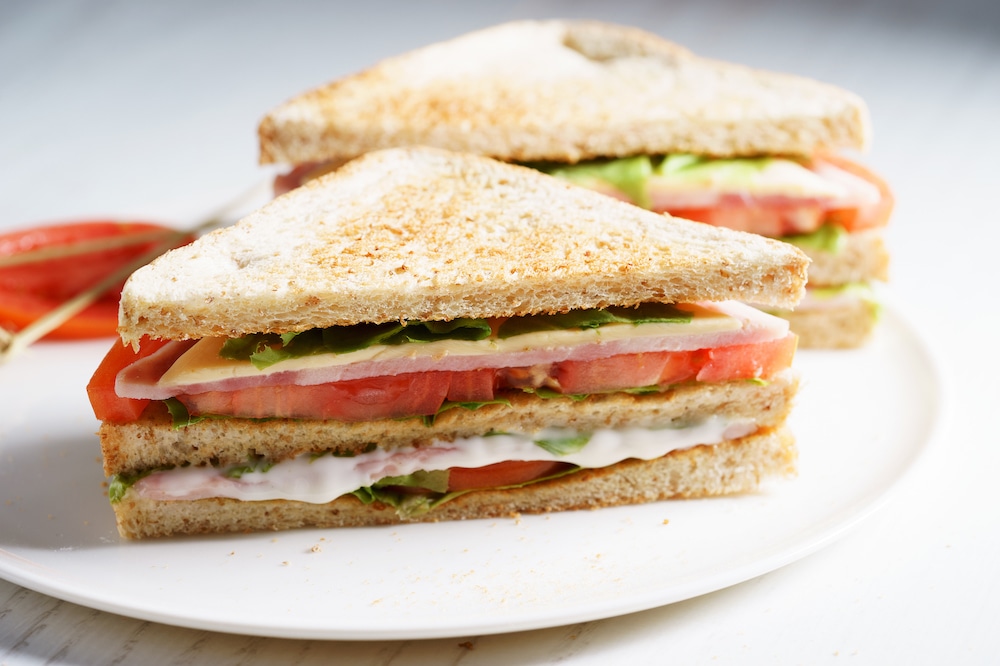A person with dementia can experience changes in appetite which can affect their health if they are not getting enough nutrients. Helen Drain, Dementia Trainer & Deputy Training Team Leader at Christies Care (christiescare.com) has some advice on managing the nutritional needs of a person with dementia.
If you’re caring for a loved one with dementia, you may have noticed their appetite or eating habits have changed lately. They may be eating more or less, or their eating habits may have become more random and unpredictable. They may have suddenly starting craving sweet foods like cakes and chocolates. They may have lost their appetite. There’s a whole host of reasons for this and food consumption needs to be monitored carefully to keep the person in the best possible health. Firstly, here’s some reasons why the person may have a reduced appetite…
Depression
Depression is common in those with dementia, and a loss of appetite is a sign of depression. Particularly following a diagnosis If you suspect your loved one is depressed, speak to their GP, who may be able to prescribe medication or offer an alternative talking therapy.
Communication problems
Your loved one may no longer be able to communicate verbally when they are hungry, look for other clues, maybe they don’t like the food they have been given. At this point it may be an idea to look at food and see if there is another way you can arrange it on the plate. Is the plate patterned making it difficult to see the food? Is it too hot or cold? Be patient with them. Offer a simple choice of foods, or use pictures to explain the meal. If they are able to do so, get them to help you prepare the meal.
Tiredness
If a person becomes tired, they may give up on meal halfway through. If you suspect this may be the case, monitor their patterns and behaviour, and attempt to serve meals or snacks when they are most alert. Sometimes finger foods little and often work a treat.
Pain
Could the person be refusing food because they are experiencing dental pain? Do they have a problem with their dentures or are they experiencing sore gums? If they still have their own teeth it may be worth them going for a checkup. Some dental services offer home visits. Maintaining good oral health is vital. It could also be a sore throat, or none of the above – other types of pain can cause a person to go ‘off’ their food.
Constipation
Constipation can make someone feel bloated, meaning their appetite dwindles. If you suspect this is the case, encourage them to drink plenty of water and offer fibre-rich foods. If the problem persists, do not leave it too long, consult their GP.
Check the cupboards
When visiting your loved one, take time to check the contents of their cupboards and fridge/freezer, to ensure food is being stored safely, and throw away anything out of date. It may be an idea to communicate with your loved one before disposing of their food, if this is a problem replace like for like. You could try leaving reminder notes on the fridge or cupboard doors to help them store foods in the correct places. Colour coding can help, for instance, all food for the fridge has a blue label (plus one on the fridge door) whereas all foods for the freezer have red. If you’re worried they are not safely preparing food, you could enlist extra help. If Meals On Wheels operates in their area, this is a great resource to ensure they are getting a hot, safely prepared meal each day. Or is there a home care agency in your area that could assist with daily meal preparation?
Coping with overeating
You might find a person living with dementia eats excessively. This could be because they have forgotten they have eaten recently, or they might be worried about where their next meal is coming from. They might be eating to combat boredom. They may also experience an increase in sweet cravings, which, according to Alzheimer’s Association, could be due to diminishing taste buds and a drop in insulin levels. It could also be due to a change/loss of their sense of smell. To tackle overeating, try to ensure the person has something to do, so they don’t feel bored or lonely. You could also serve smaller portions of food more frequently, and offer snacks such as fruits or salad. You could also offer a drink instead of food. If your loved one is not drinking enough, try Lollypops (made from fresh juice) soups, jelly or custard. Remember water in a glass may not be easily seen, so a little juice to colour it could help. On the other hand, does the person think they have eaten so refuses food or drink? If you are struggling to help a a loved one control their eating and they are gaining/losing weight excessively, or if you have any concerns speak to their GP.
